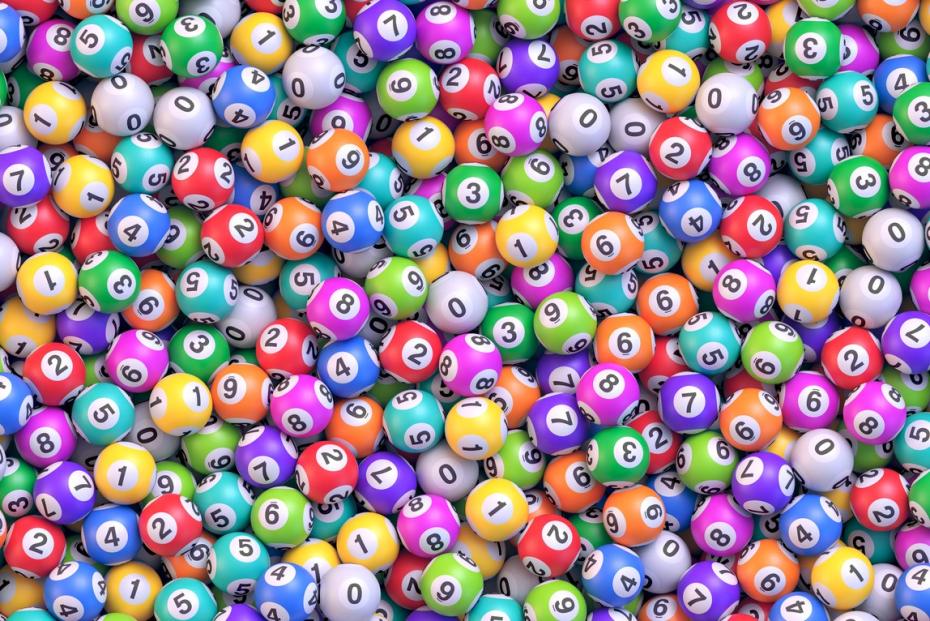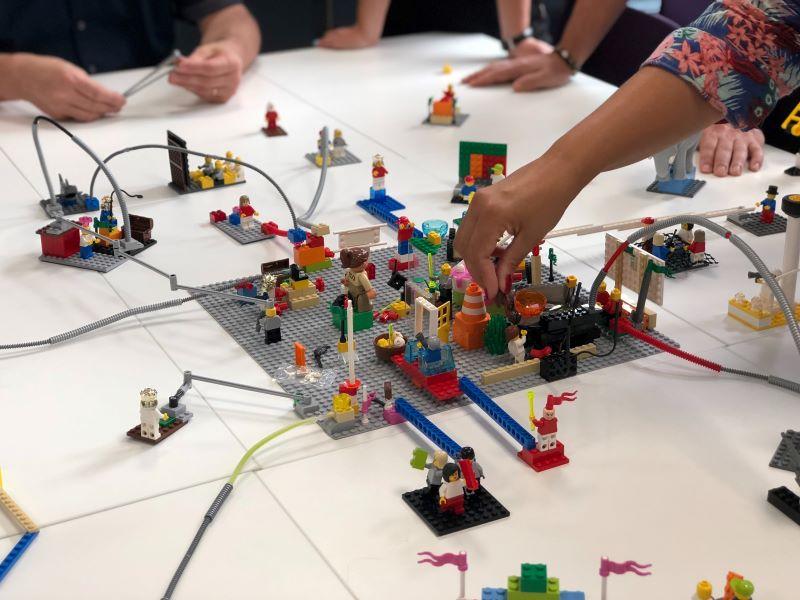
Bingo! Try bringing games into your staff training
To engage professional service staff with the UN Sustainable Development Goals, a team at the University of Exeter took a novel approach, creating SDG Bingo. Here’s how they did it
You may also like
Popular resources
The SDG Teach In encourages educators to bring the UN Sustainable Development Goals (SDGs) into their teaching practices and curriculums. But what about professional service staff? There is a lack of guidance on how this could translate to their work that expands beyond teaching. With a variety of schedules and responsibilities, it would be impossible to host regular meetings or lecture series to help such staff learn about or begin embedding the principles of the goals. So we chose to gamify the experience. Gamification promotes a sense of fun, curiosity and friendly competition, with the goal of learning. In this instance, to gain a deeper insight into the SDGs.
We developed SDG Bingo as an enjoyable and relaxed way for staff to learn the relevance of the 17 goals in their personal and professional communities. The necessary vastness of the SDGs can be intimidating, so bingo was chosen to bring familiarity and comfort into the unknown. To measure the impact of the game, we created four learning outcomes:
- To define the main principles of the SDGs;
- To apply SDGs to a range of areas, including – but not limited to – teaching and learning, work life, community, personal and collective well-being;
- To evaluate individual impact throughout SDG Bingo, demonstrated through discussion, collaboration and reflection;
- To have fun.
How to Bingo
We mapped tasks to learn and implement each of the 17 goals. Staff were encouraged to complete as many tasks as possible during the SDG Teach In in March. If they completed most of the tasks for every goal, they achieved Bingo!
- Gamification in the classroom: what have we learned?
- Resource collection: Making online learning fun
- Want to be a better teacher? My daughter showed me we need to play more
The tasks themselves covered different learning styles and time requirements, and ranged from fact-finding missions and article reading to creating resources, taking part in quizzes and volunteering at the university. Some favourites were:
Sustainable Development Goal 2: Zero hunger
- Learn: Read this article on the ethical complexities of food charity and write your reflections.
- Apply: Try to identify “community fridges” and community food banks in your local area.
Sustainable Development Goal 4: Quality education
- Learn: Watch these videos by Participate (2019). This video was aimed at primary schoolchildren, and this video at secondary schoolchildren. How would the videos change when aimed at higher education? How would you improve these videos?
- Apply: Improve one education resource (teamwork encouraged) OR submit a resource plan.
Sustainable Development Goal 14: Life below water
- Learn: Read these infographics by the UN Oceans – United Nations Sustainable Development. What was most surprising to you?
- Learn: From your memory, sketch as many species of fish as you can remember. Bonus if you can remember their names. Then count how many you have drawn and compare that to this estimation by National Geographic (scroll down). How close were you?
- Apply: Next time you have fish, make sure it is sustainably sourced.
- Apply: Limit your use of disposable plastic that ends up in our ecosystems. What simple switch could you make?
Some things that helped
To accompany the tasks, create a team Padlet or similar online workspace where individual staff can share questions and reflections and track their progress. We created a column to be filled out for each goal and offered a small incentive of a sweet treat as a reward for completing the most tasks by the end of the month – but choose something that works for your team.
Centring your staff team is vital for the gaming process, because the SDGs can be complicated: they require implementation and upkeep, and achieving this will need your team to work together. We can’t change the world alone. Although there was an element of rivalry within our activities, there was also a sense of community. The SDGs, like most topics worth learning, are diverse in nature, and a diversity of individual reflection brought by individuals within a team encourages a more rounded understanding. Encourage staff to link what they have learnt not only to their work lives, but also to their personal lives.
Participation in such activities should not be mandatory. Our staff were under no pressure to complete all the tasks, but instead were encouraged to follow a path that made most sense to them. Games should aim to make the focal topic, in this case the SDGs, highly localised and tangible, speaking to individuals on multiple levels: addressing work, identity, home and community life.
SDG Bingo was an attempt to show the fluidity and autonomy people can have in using the SDGs. Our challenge was to create a resource that could be engaging in a playful, interpretive and asynchronous way while retaining a sense of community. We encourage others to join us in moving away from memory-based or surface-level models of understanding. Gamifying helps move towards a more holistic approach that anticipates different learning styles and interests. It worked effectively among our staff team and ultimately encouraged greater engagement with the SDGs.
Eleanor Cook is transformative education assistant and Sean Porter is academic developer for transformative education, both at the University of Exeter.
If you found this interesting and want advice and insight from academics and university staff delivered direct to your inbox each week, sign up for the Campus newsletter.





Comments (0)
or in order to add a comment